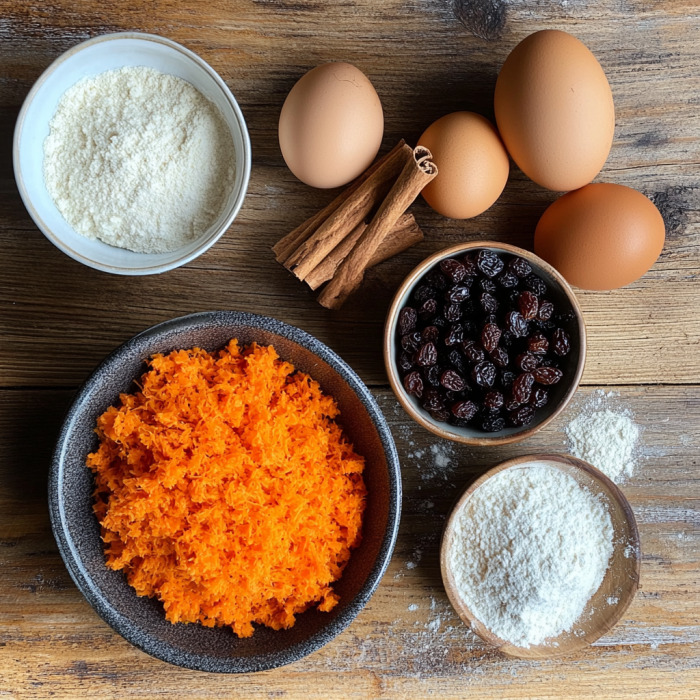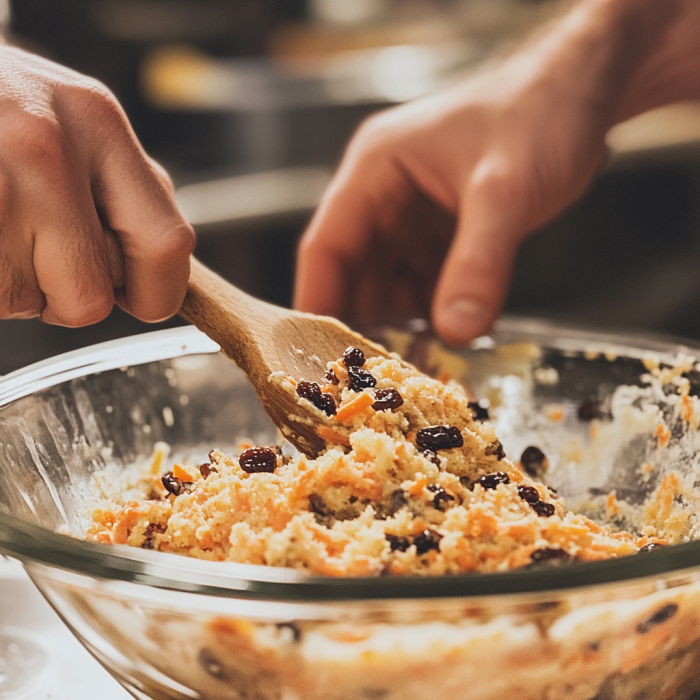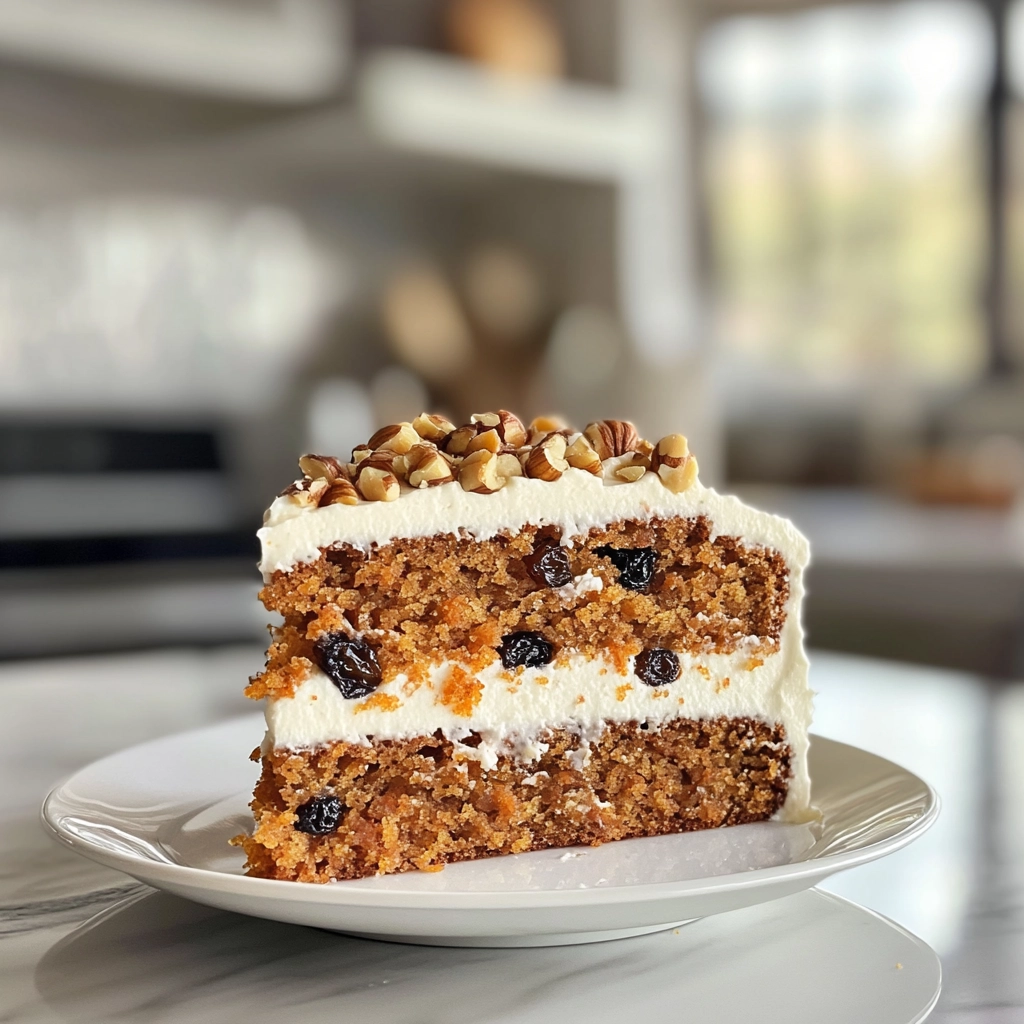Introduction
If you’ve ever had carrot cake, you may have noticed that some versions are packed with raisins, while others leave them out entirely. This seemingly small ingredient can be surprisingly divisive—some people love the chewy, sweet burst that raisins provide, while others feel it ruins the cake’s smooth texture. But why does carrot cake have raisins in the first place?
The inclusion of raisins in carrot cake goes beyond taste preferences. Historically, raisins were used as a natural sweetener in many early baking recipes, making them a popular choice for adding extra flavor and moisture. If you’re curious about the health benefits of this dried fruit, explore this guide on the benefits of raisins to understand why they’re more than just a sweet treat.
I. The History of Carrot Cake and the Addition of Raisins
The origins of carrot cake can be traced back to medieval times when carrots and other vegetables were often used in desserts. During periods of sugar scarcity, carrots were valued for their natural sweetness. The addition of raisins as a sweetener soon followed, especially when access to sugar was limited or costly.
For an in-depth look at why certain ingredients were added to cake recipes over time, consider reading this guide on how to add to Betty Crocker Cake Mix, which explains ingredient substitutions and enhancements.
- Origins of Carrot Cake:
- The concept of using carrots in baking dates back to the Middle Ages.
- Early recipes used carrot pudding as a base, and other sweet vegetables were sometimes added.
- Use of Sweeteners in Early Recipes:
- Raisins were initially added as a substitute for refined sugar.
- Their natural sugars provided sweetness, while the fiber content helped balance out the cake’s texture.
- Raisins as a Moisture-Retaining Ingredient:
- In addition to sweetness, raisins helped keep the early versions of carrot cake moist. This was crucial for recipes that didn’t use large quantities of butter or oil.

If you’re interested in learning more about how other fruits impact baking, check out this guide on adding blueberries to store-bought cake mixes.
II. The Role of Raisins in the Flavor and Texture of Carrot Cake
Raisins in carrot cake are more than just an optional add-in; they contribute significantly to the flavor, texture, and moisture. Here’s why:
- Sweetness Factor:
Raisins add natural sweetness without being overly sugary. This helps balance the earthy taste of carrots and the spiciness of cinnamon and nutmeg. The sweetness also works well with the cream cheese frosting, enhancing the cake’s overall flavor profile. - Moisture and Softness:
When raisins are added to the batter, they help retain moisture, making the cake softer and more tender. The dried fruits absorb liquid from the surrounding ingredients, preventing the cake from becoming too dry. - Impact on Texture:
Raisins add a chewy texture that contrasts with the cake’s otherwise smooth crumb. This added layer of texture is why some people love them—although others feel it disrupts the overall mouthfeel. - Balancing with Spices and Other Ingredients: Raisins work well with spices like cinnamon, nutmeg, and cloves, amplifying the warm flavors of the cake. When paired with nuts like walnuts or pecans, they create a dynamic flavor and texture combination.

III. Why Do Some People Dislike Raisins in Carrot Cake? (250 words)
Despite their benefits, raisins remain a controversial ingredient in carrot cake. Why do some people dislike raisins so much?
- Texture Preferences:
The chewy texture of raisins can be a stark contrast to the smooth, dense crumb of carrot cake. For some, the unexpected bite of a raisin can feel out of place. - Flavor Sensitivity:
Raisins have a concentrated sweetness that can sometimes overpower the more subtle flavors in carrot cake. This is particularly true for people who prefer the natural sweetness of carrots and brown sugar. - Personal Preferences in Dessert Additions:
Different regions and families have varying preferences when it comes to add-ins like raisins, nuts, or pineapple. For many, it’s simply a matter of tradition and taste. - Cultural and Regional Preferences:
Some regions consider raisins a staple in carrot cake, while others prefer to keep the recipe simple. This divide has contributed to the ongoing debate over whether raisins belong in carrot cake at all.
IV. Popular Variations of Carrot Cake Without Raisins (300 words)
If you’re not a fan of raisins in carrot cake, don’t worry—there are plenty of delicious variations that omit them altogether. Here are some popular alternatives:
- Classic Carrot Cake with Pineapple:
Pineapple adds moisture and sweetness without the chewiness of raisins. It also pairs well with the spices, adding a tropical note that complements the carrots. - Carrot Cake with Nuts Only:
Many people prefer carrot cake with just walnuts or pecans. The nuts provide a crunchy texture and a rich, nutty flavor that balances the cake’s sweetness. - Adding Dried Cranberries or Dates Instead:
For those who still want a dried fruit option, cranberries or dates offer a less sweet alternative to raisins. Their tartness works well with the other flavors in the cake. - No Mix-Ins Version:
Some bakers prefer a straightforward carrot cake without any mix-ins, focusing on the spice blend and carrot flavor. This version relies on the quality of the base ingredients to stand out.
V. Nutritional Benefits of Raisins in Carrot Cake (250 words)
Raisins aren’t just for flavor—they also add some nutritional value to carrot cake. Here’s why adding raisins can be a healthier choice:
- High in Natural Sugars and Fiber:
Raisins are a source of natural sugars, making them a healthier alternative to refined sugar. They also contain fiber, which aids digestion. - Rich in Antioxidants and Nutrients:
Raisins are packed with antioxidants like polyphenols, which help fight inflammation. They also contain essential nutrients like iron, potassium, and calcium. - Moderation is Key:
While raisins can add nutritional value, it’s important to use them in moderation. Too many raisins can increase the sugar content significantly, making the cake overly sweet.

Conclusion
Whether you love or hate raisins in carrot cake, understanding why they are included can deepen your appreciation for this beloved dessert. Raisins add sweetness, moisture, and a unique texture that have made them a staple ingredient for many traditional recipes. If you prefer a raisin-free version, consider experimenting with different mix-ins like pineapple or walnuts for a unique twist.
For more ideas on creating variations of classic recipes, check out this guide on enhancing cake recipes.

